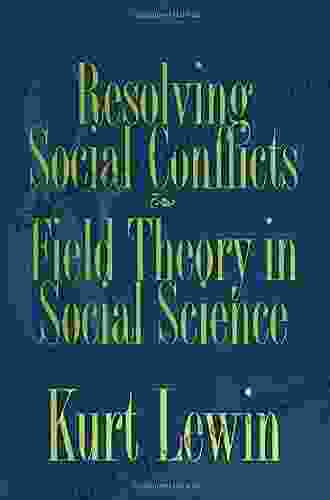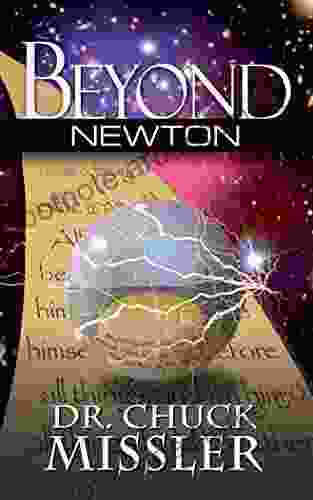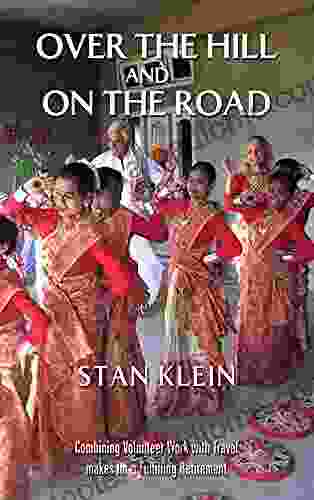Resolving Social Conflicts and Field Theory in Social Science: A Comprehensive Guide

4.7 out of 5
| Language | : | English |
| File size | : | 5606 KB |
| Text-to-Speech | : | Enabled |
| Screen Reader | : | Supported |
| Enhanced typesetting | : | Enabled |
| Word Wise | : | Enabled |
| Print length | : | 436 pages |
Social conflicts are an inevitable part of human interactions. Whether it's in the workplace, within families, or at a societal level, conflicts arise when individuals or groups perceive their interests or values to be incompatible. While conflicts can be disruptive and damaging, they also have the potential to facilitate growth, innovation, and change. The key to harnessing the transformative power of conflicts lies in understanding their dynamics and developing effective strategies for their resolution.
This comprehensive guidebook introduces the concept of social conflict resolution and explores its theoretical underpinnings through the lens of field theory in social science. Field theory provides a framework for analyzing and understanding the complex interactions between individuals and their social environment. By examining social conflicts within this framework, we gain a deeper understanding of the factors that contribute to their emergence, escalation, and resolution.
Chapter 1: Understanding Social Conflict
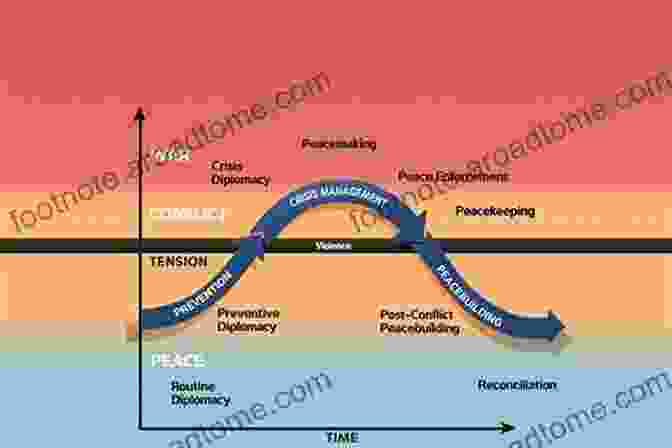
In this chapter, we explore the fundamental concepts and theories related to social conflict. We examine the different types of conflicts, their causes and consequences, and the role of power and inequality in conflict dynamics. We also discuss the importance of conflict analysis and assessment as a foundation for effective conflict resolution.
Chapter 2: Field Theory and Social Conflict Resolution
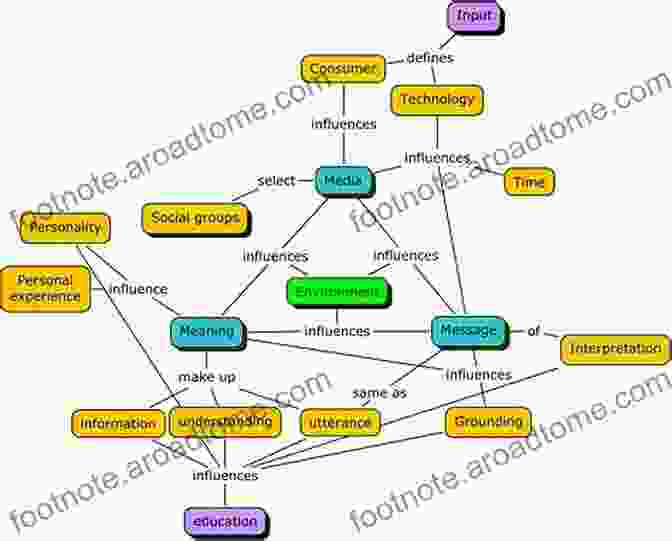
Chapter 2 introduces field theory as a theoretical framework for understanding social conflict. We explore the key principles of field theory, such as the concepts of field, force, and vector, and examine how they can be applied to the analysis of social conflicts. We also discuss the role of field theory in developing strategies for conflict resolution and promoting social change.
Chapter 3: Strategies for Conflict Resolution
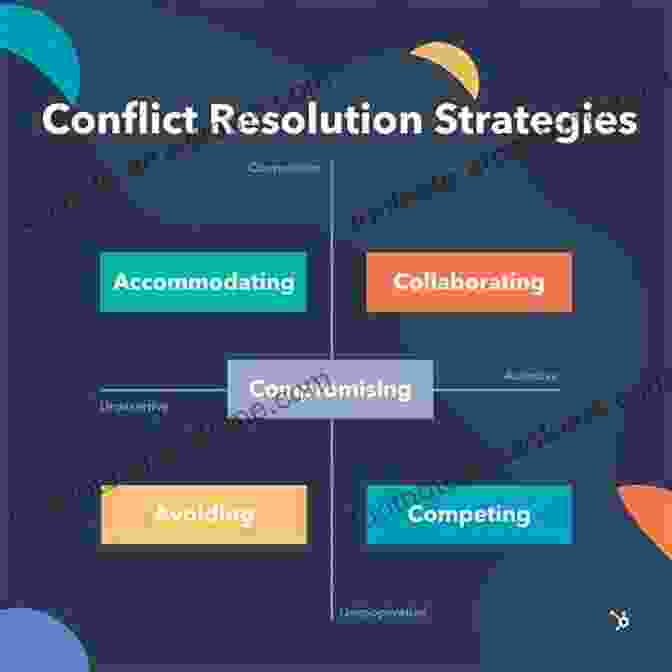
In this chapter, we delve into the practical aspects of conflict resolution. We examine a range of strategies and techniques that can be employed to manage and resolve conflicts effectively. These strategies include negotiation, mediation, arbitration, and conflict transformation. We also discuss the importance of communication, empathy, and power dynamics in the conflict resolution process.
Chapter 4: Case Studies in Conflict Resolution
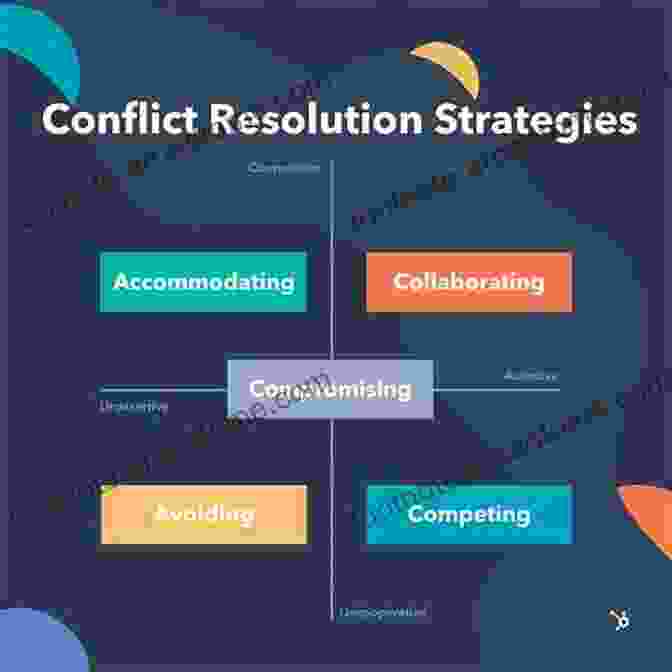
To illustrate the application of conflict resolution strategies, Chapter 4 presents a series of case studies. These case studies draw from diverse social contexts, such as workplace disputes, international conflicts, and community-level conflicts. By analyzing these cases, we gain insights into the challenges and complexities of conflict resolution and the effectiveness of different approaches.
In the concluding chapter, we synthesize the key concepts and principles discussed throughout the book. We emphasize the importance of understanding social conflicts within a field theory framework and highlight the transformative power of effective conflict resolution. We also provide practical recommendations for practitioners and policymakers seeking to promote social harmony and create positive change through conflict resolution.
Call to Action
Resolving social conflicts is a crucial skill for navigating the complexities of human interactions. This guidebook provides a comprehensive toolkit for understanding and managing conflicts effectively. Whether you are a conflict resolution professional, a leader in your community, or simply someone who seeks to build stronger relationships and create a more harmonious society, this book is an invaluable resource that will empower you with the knowledge and skills you need to make a positive impact.
4.7 out of 5
| Language | : | English |
| File size | : | 5606 KB |
| Text-to-Speech | : | Enabled |
| Screen Reader | : | Supported |
| Enhanced typesetting | : | Enabled |
| Word Wise | : | Enabled |
| Print length | : | 436 pages |
Do you want to contribute by writing guest posts on this blog?
Please contact us and send us a resume of previous articles that you have written.
 Book
Book Novel
Novel Page
Page Chapter
Chapter Text
Text Story
Story Genre
Genre Reader
Reader Library
Library Paperback
Paperback E-book
E-book Magazine
Magazine Newspaper
Newspaper Paragraph
Paragraph Sentence
Sentence Bookmark
Bookmark Shelf
Shelf Glossary
Glossary Bibliography
Bibliography Foreword
Foreword Preface
Preface Synopsis
Synopsis Annotation
Annotation Footnote
Footnote Manuscript
Manuscript Scroll
Scroll Codex
Codex Tome
Tome Bestseller
Bestseller Classics
Classics Library card
Library card Narrative
Narrative Biography
Biography Autobiography
Autobiography Memoir
Memoir Reference
Reference Encyclopedia
Encyclopedia Cindy Parmiter
Cindy Parmiter Rebecca Rosen
Rebecca Rosen Jonathan Francis
Jonathan Francis Clarke Ching
Clarke Ching Winter Morgan
Winter Morgan Constance Immel
Constance Immel Dennis Mccarthy
Dennis Mccarthy Cynthia M Bulik
Cynthia M Bulik Gigi Rosenberg
Gigi Rosenberg Lawrence H Rockland
Lawrence H Rockland Kirk Nelson
Kirk Nelson Conrad Schirokauer
Conrad Schirokauer Yvonne Jones
Yvonne Jones Conrad Jay Bladey
Conrad Jay Bladey Cindy Croft
Cindy Croft Tim Weiner
Tim Weiner Craig S Keener
Craig S Keener Paul Selig
Paul Selig Craig Junjulas
Craig Junjulas James A Beverley
James A Beverley
Light bulbAdvertise smarter! Our strategic ad space ensures maximum exposure. Reserve your spot today!
 H.G. WellsFollow ·7.1k
H.G. WellsFollow ·7.1k George Bernard ShawFollow ·10.2k
George Bernard ShawFollow ·10.2k J.D. SalingerFollow ·5.2k
J.D. SalingerFollow ·5.2k Steve CarterFollow ·2.9k
Steve CarterFollow ·2.9k Danny SimmonsFollow ·7.1k
Danny SimmonsFollow ·7.1k Deacon BellFollow ·13.5k
Deacon BellFollow ·13.5k Fernando PessoaFollow ·12.5k
Fernando PessoaFollow ·12.5k Victor TurnerFollow ·19.8k
Victor TurnerFollow ·19.8k

 Charles Bukowski
Charles BukowskiUnlock Your Entrepreneurial Potential: Start Small,...
Are you ready to embark on an exciting journey...

 Braeden Hayes
Braeden HayesUnveiling the Extraordinary Tale of "Weird Girl With...
A Journey of...
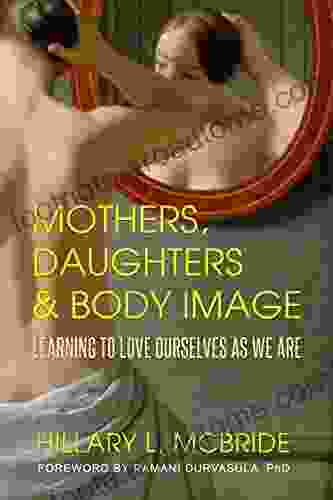
 Shawn Reed
Shawn ReedLearning To Love Ourselves As We Are: A Journey Towards...
In the tapestry of life, self-love emerges...

 Allan James
Allan JamesQuick Guide to Pipeline Engineering: Your Gateway to...
Welcome to the realm of...

 Beau Carter
Beau CarterLife With and After an Addict: A Journey of Understanding...
Addiction is a complex and devastating...
4.7 out of 5
| Language | : | English |
| File size | : | 5606 KB |
| Text-to-Speech | : | Enabled |
| Screen Reader | : | Supported |
| Enhanced typesetting | : | Enabled |
| Word Wise | : | Enabled |
| Print length | : | 436 pages |


